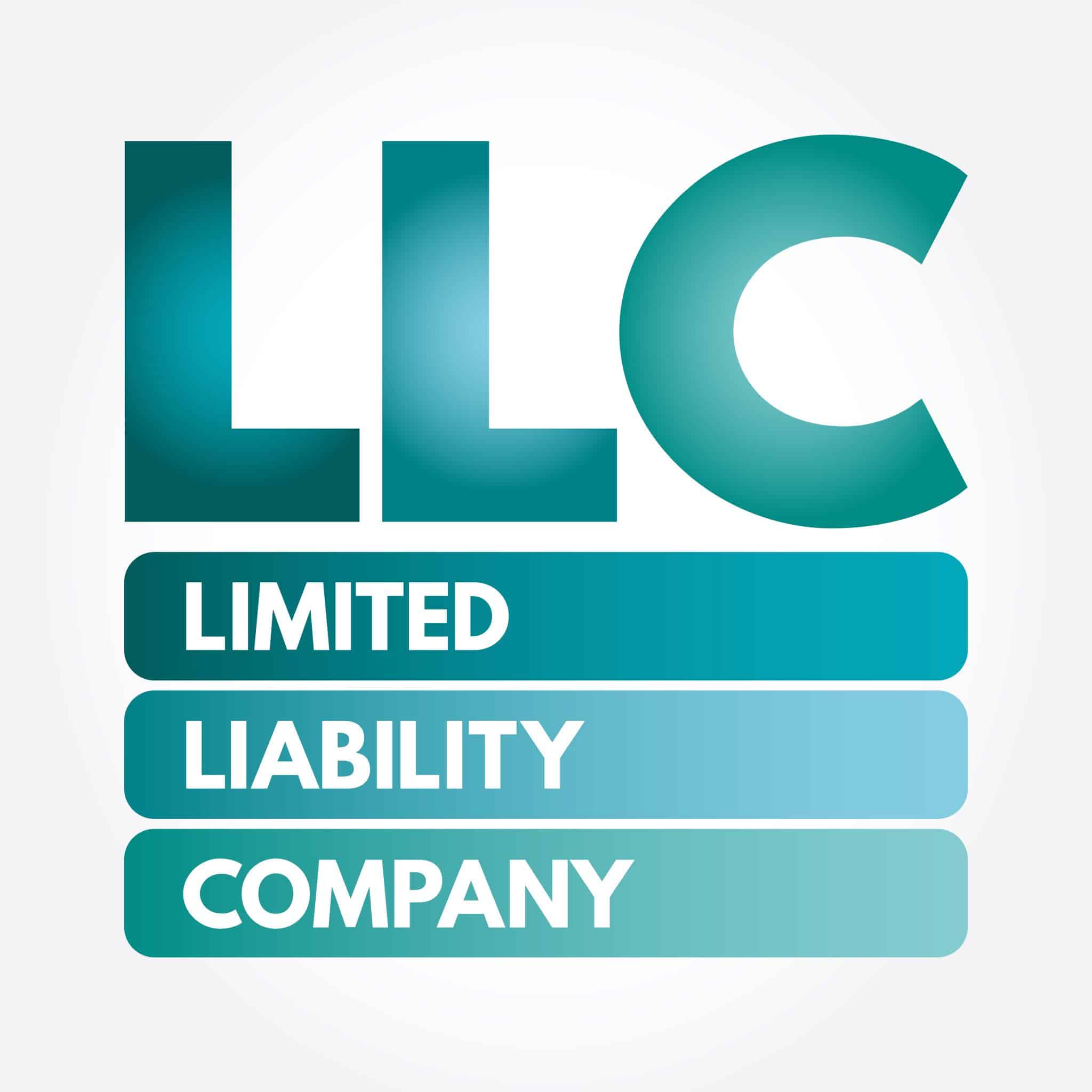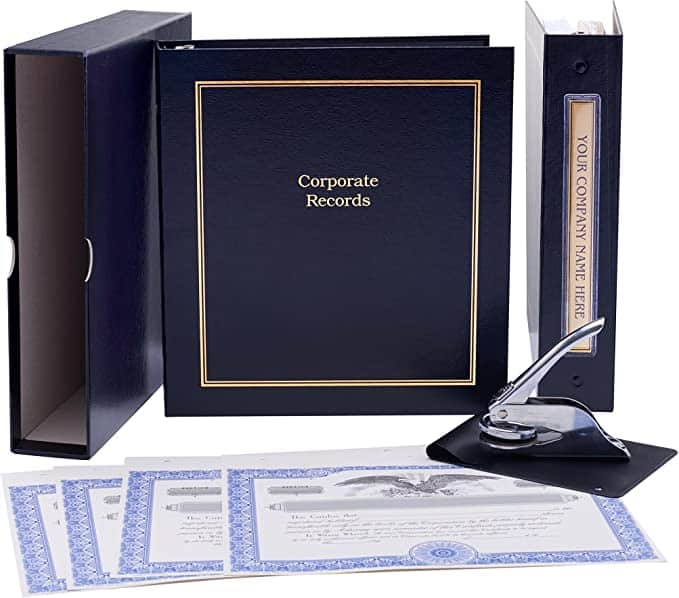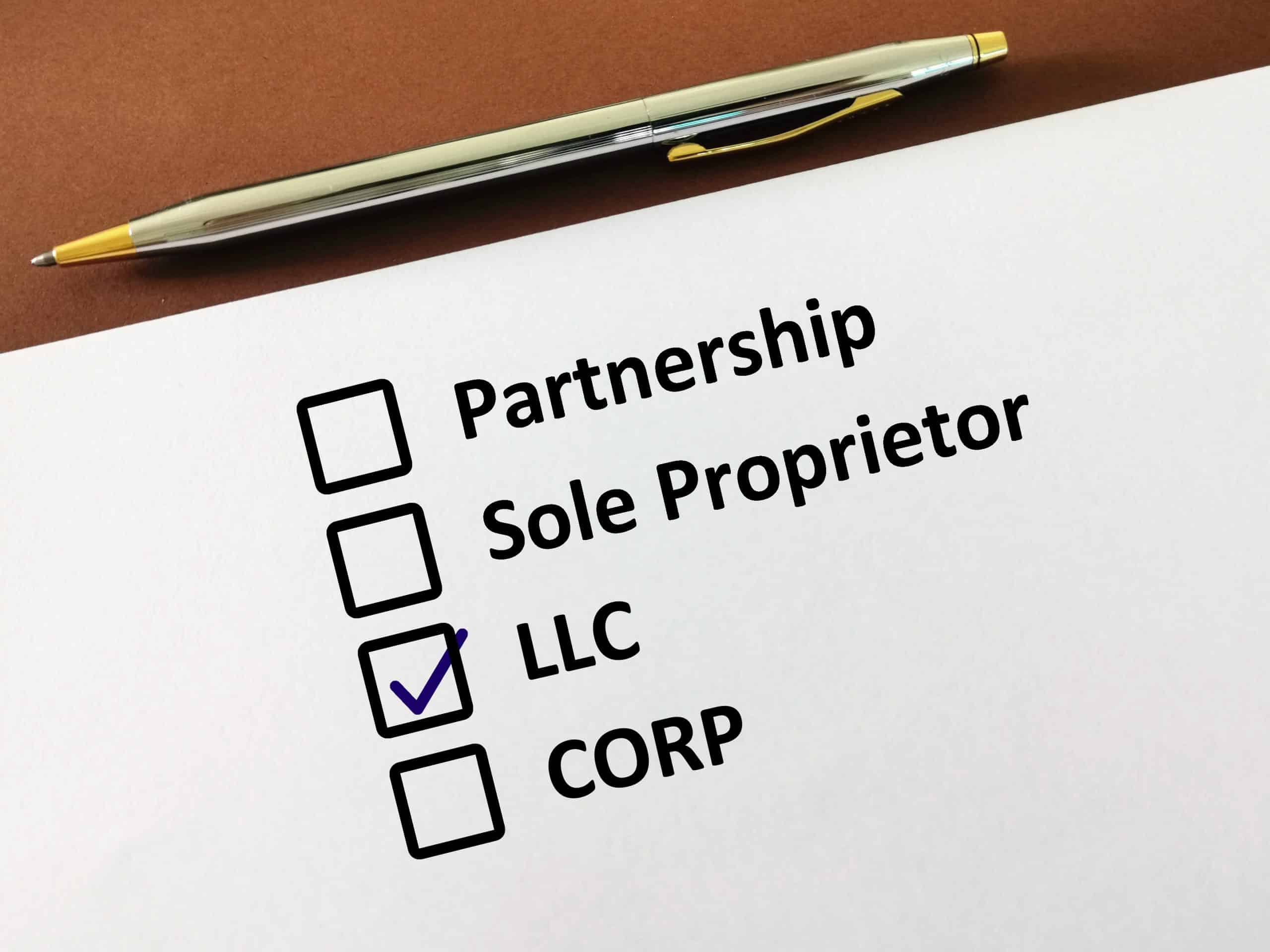There is a lot more to creating Limited Liability Company than filing a form with the state. If you decide an LLC is the right entity choice for you, make sure you address these critical components before and after you file!
Choosing A Name for Your LLC
The first critical component of an LLC is the name. Before you settle on a name, search your state corporation bureau records to determine if your intended name is available for filing in your state.
If your intended name is available in your state, don’t assume that means you are good to go. You also need to perform a trademark clearance search. This ensures you won’t be infringing anyone else’s trademark!
The name of your LLC and the name you do business under do not necessarily have to be the same. You can have a business name such as Joe Smith Enterprises, LLC, but hold yourself out to the public as A-1 Accounting Firm. That’s fine, but check your state rules as you will likely need to file a fictitious name registration (also called “assumed name,” “trading as,” or “doing business as”).
Employer Identification Number (EIN)
The EIN, also known as a tax ID, is another critical component. Do you really need an EIN for your small business? Particularly if you don’t have any employees?
If you are a sole proprietor or a single member LLC, it isn’t absolutely necessary. You can do business using your personal social security number in place of the EIN. However, you may wish to have an EIN to avoid giving out your personal social security number. You may need an EIN to obtain a bank loan, business credit card, or business bank account. You will definitely need an EIN if you want to hire W-2 employees.
Applying for an EIN is free, takes very little time, and is easily accomplished online. Given that it costs nothing but a few minutes of your time, why not give your business its own number?
Registered Agent
Another often overlooked component is the Registered Agent. The Registered Agent for your business is the person or entity responsible to accept service of process on your behalf. Depending on your state, this could be you, a friend or family member, a member or employee of your LLC, your attorney, a commercial agent, or anyone else willing to accept service on your behalf.
The Registered Agent must be available all business hours to accept service of process on your behalf. If you are frequently out of the office meeting clients, running errands, or taking a vacation, you are not a good candidate to serve as a Registered Agent. For this reason, my preference is to use a commercial registered agent service. Avoid potential complications with service of process. The commercial registered agent service is an inexpensive way to ensure that you don’t miss important legal documents. Should your registered agent receive anything, they will forward it to you electronically. Using a commercial registered agent also keeps your personal address out of the public records, so you won’t receive all the spam mail that comes with registering an LLC.
LLC Certificate of Organization
Now we reach filing with the state! With the name issue settled and clarity on what your business is going to do, you can file your Certificate of Organization (also known as “Articles of Organization,” “Articles of Formation,” or “Certificate of Formation”). Depending on the state, you can file online, or it may involve filling out paperwork and mailing it to the correct office. It will most certainly require a filing fee and the amount varies widely from state to state. Most state websites provide either a fill in the blank style form or sample articles that you can use as a template to create your own. Be prepared to provide the following information:
- Your business name.
- Your principal business address or where your business is physically located. If you are 100% online, this is likely your home address.
- Your registered agent office name and address;
- Your statement of purpose or why you are in business. What goods or services do you provide?
- Type of management. Are you member managed or manager managed?
- How long will your LLC be active? Go for the “perpetual” or “unlimited” option if available unless you are creating an LLC for a specific purpose with a limited (and known) duration.
- Signatures of the members of the LLC.
Be aware of any additional requirements specific to your state. For instance, in Pennsylvania you must file a docketing statement with your Certificate of Organization. The docketing statement asks for additional information such as your year-end date for tax filing purposes. Additionally, if you are a licensed professional such as a doctor, lawyer, or accountant, make sure to check your state for any requirements specific to your profession. Some states require additional filings and fees for professionals while others don’t allow professionals to form LLCs at all.
LLC Operating Agreement
Here’s a critical component that many self-filers miss entirely! Your LLC needs an Operating Agreement. For a multi-member LLC, the Operating Agreement functions as a partnership agreement. It sets forth important provisions including:
- how the business will be run,
- voting rights,
- ownership percentage,
- capital contributions,
- tax election,
- what happens in the event of death, disability, or divorce of a member,
- how to resolve disagreements over direction of the company, and
- dispute resolution terms.
An Operating Agreement is also highly recommended for single member LLCs and may be required by your bank for a business loan. In the case of a single member LLC, the Operating Agreement establishes the terms between you as an individual (Member) and your company (the LLC).
An LLC is taxed as a sole proprietorship or partnership unless an S-Corp election is made with the IRS. How your LLC will initially be taxed should be included in your Operating Agreement. If you draft your own Operating Agreement, have a small business attorney review it before you sign to ensure that you haven’t misstated anything or created any unintended legal, finance, or tax issues. Your small investment up front to get this document in order could save you a boat load of heartache and regret down the road.
Banking
One last component you shouldn’t forget! Your LLC is a separate legal entity from you. It needs its own bank account! Different banks have different rules, but don’t be surprised if your bank requires copies of your Certificate of Organization, Operating Agreement, and your EIN to open an account.
Deposit all income from your business into a bank account in your business name. Pay all expenses for your business from that same account. DO NOT EVER commingle business funds with your personal banking account!
If you accidentally pay something out of your personal account that is a business expense, create an invoice to your business and reimburse yourself from the business account. Treat your business bank records with care to avoid problems with the IRS!
With these primary legal, financial, and tax provisions taken care of, you are ready to create your website, marketing plans, and sell!








